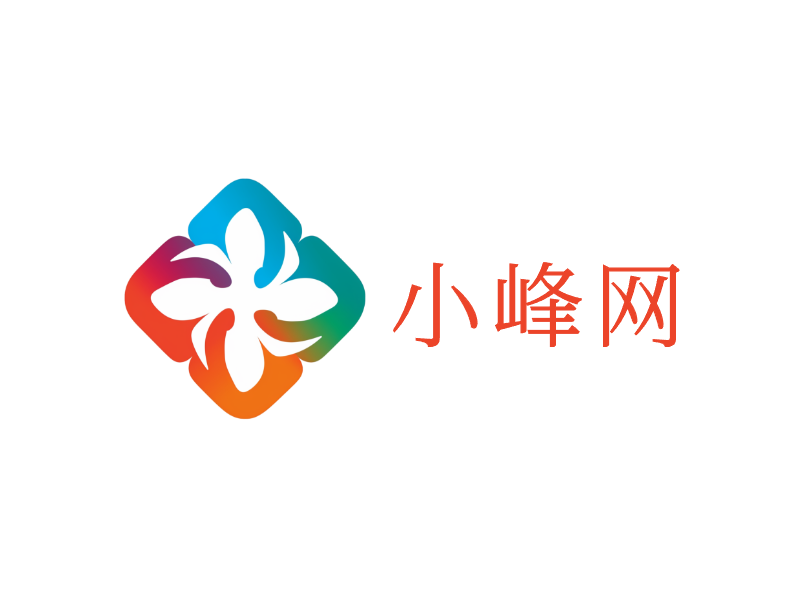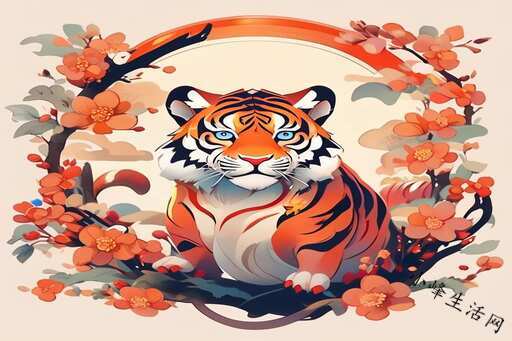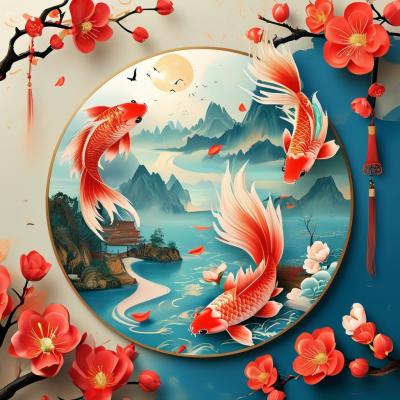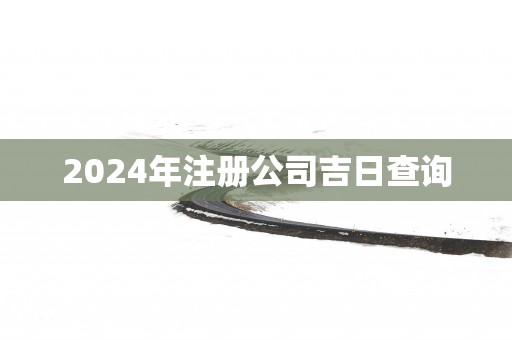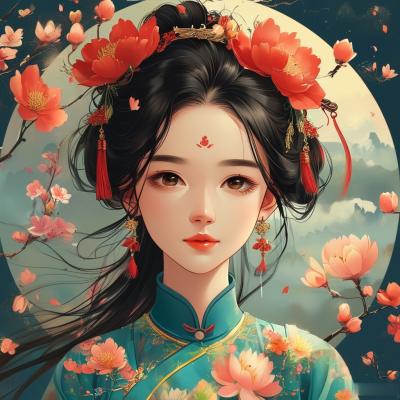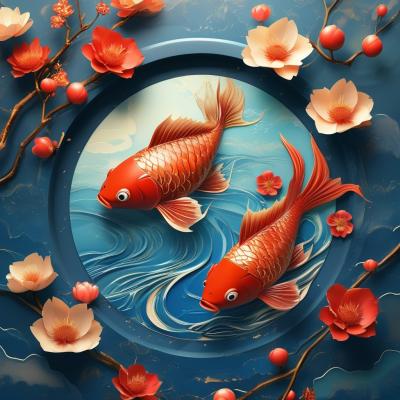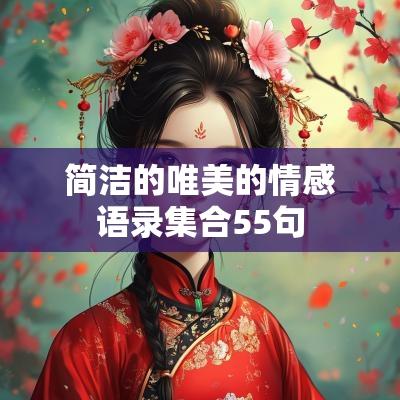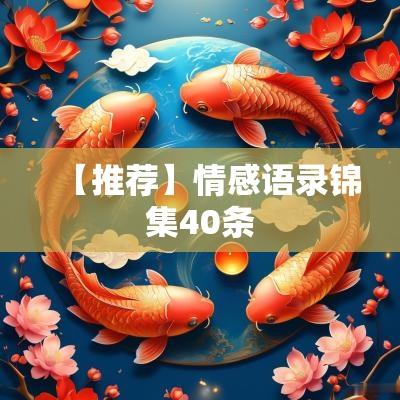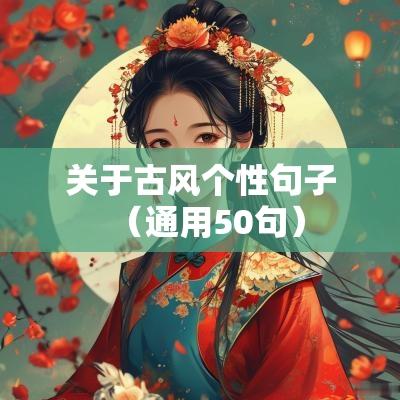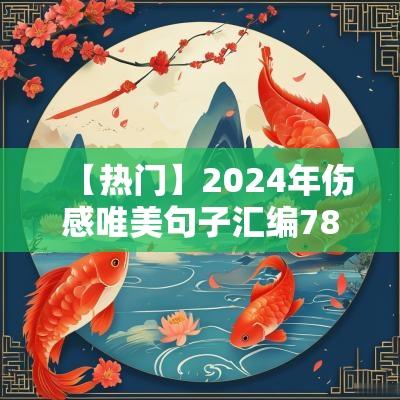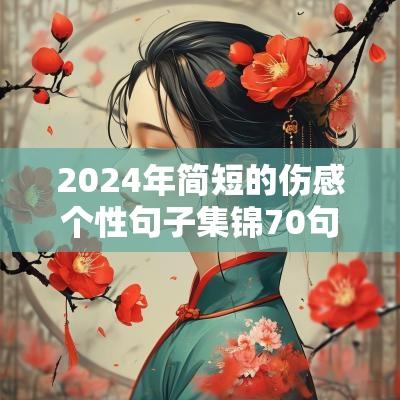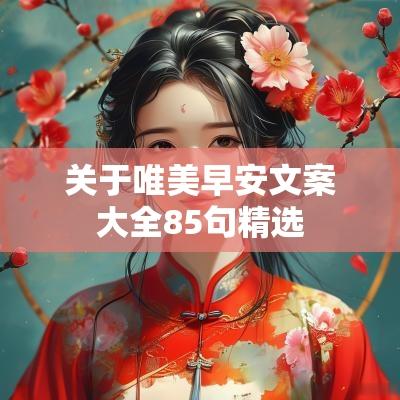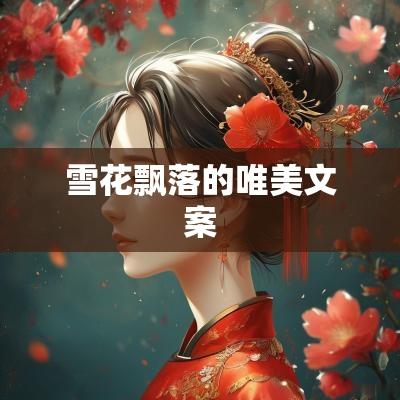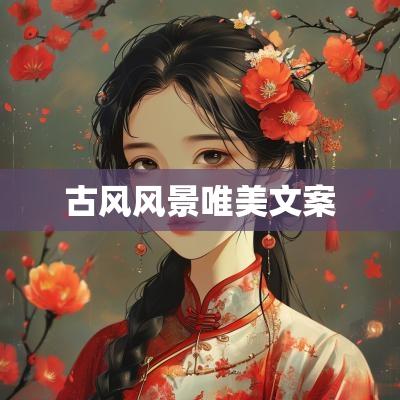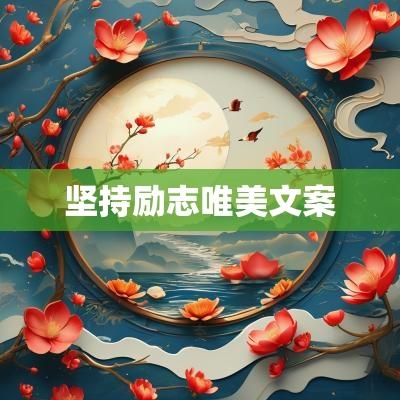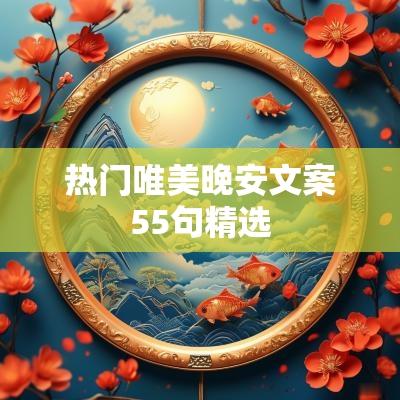Is the Dragon Boat Festival an Auspicious Day or a Lucky Day in English?
The Dragon Boat Festival, also known as Duanwu Festival, is a traditional holiday in China that falls on the fifth day of the fifth month of the lunar calendar. It is a time for people to pay tribute to Qu Yuan, a patriotic poet and statesman from the Warring States period, as well as to ward off evil spirits and diseases. Many customs and traditions are associated with this festival, including eating zongzi (sticky rice dumplings), racing dragon boats, and hanging up pouches of herbs to protect against illness.
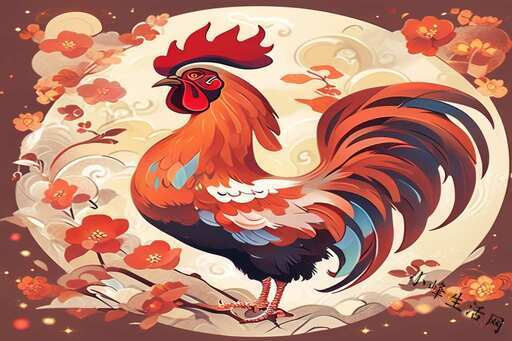
The Origins of the Dragon Boat Festival
The Dragon Boat Festival has a long history that dates back over 2,000 years. It is believed to have originated from a combination of different customs and traditions, including the worship of dragons and the practice of racing dragon boats. The festival is also closely associated with the legend of Qu Yuan, who lived during the Chu-Han War and was exiled by the king for his outspoken criticism of the government. Qu Yuan eventually drowned himself in the Miluo River out of despair, and the local people raced their boats to try and save him. To prevent his body from being eaten by fish, they threw zongzi into the river as a sacrifice. Today, the Dragon Boat Festival is a time to remember Qu Yuan's sacrifice and to honor his memory.
Customs and Traditions
One of the most popular customs associated with the Dragon Boat Festival is the eating of zongzi. These sticky rice dumplings are wrapped in bamboo leaves and filled with a variety of ingredients, such as pork, mushrooms, and chestnuts. They are traditionally eaten during the festival to ward off evil spirits and bring good luck. Another tradition is the racing of dragon boats, which are long, narrow boats decorated with dragon heads and tails. Teams of rowers compete to see who can paddle the fastest, with the winner being awarded good luck and prosperity for the coming year. In addition, people also hang up pouches of herbs, called "mojo bags," to protect against illness and bring good fortune.
Is the Dragon Boat Festival an Auspicious Day or a Lucky Day?
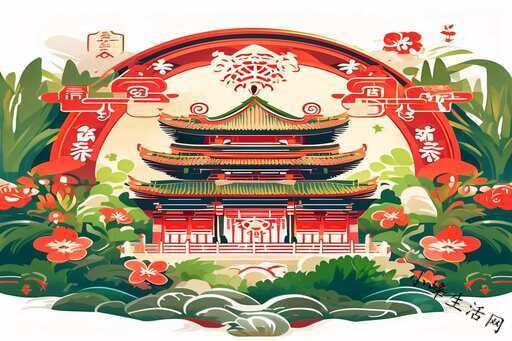
In Chinese culture, the Dragon Boat Festival is considered to be an auspicious day, as it is a time to honor the past and look towards the future with hope and optimism. The customs and traditions associated with the festival are believed to bring good luck, prosperity, and protection from harm. However, when translated into English, the term "auspicious" is often used to describe something that is favorable or fortunate, while "lucky" is used to describe something that is based on chance or random occurrence. Therefore, in English, the Dragon Boat Festival could be seen as both an auspicious day and a lucky day, depending on how one interprets the customs and traditions associated with the holiday.
In Conclusion
The Dragon Boat Festival is a time-honored tradition in China that is celebrated with food, music, and dragon boat races. It is a time to remember the sacrifices of the past and to look towards the future with hope and optimism. Whether one views the festival as an auspicious day or a lucky day, the customs and traditions associated with the holiday are believed to bring good fortune and protection from harm. As people come together to celebrate the Dragon Boat Festival, they are reminded of the importance of tradition, community, and cultural heritage in shaping their lives and shaping the world around them.
